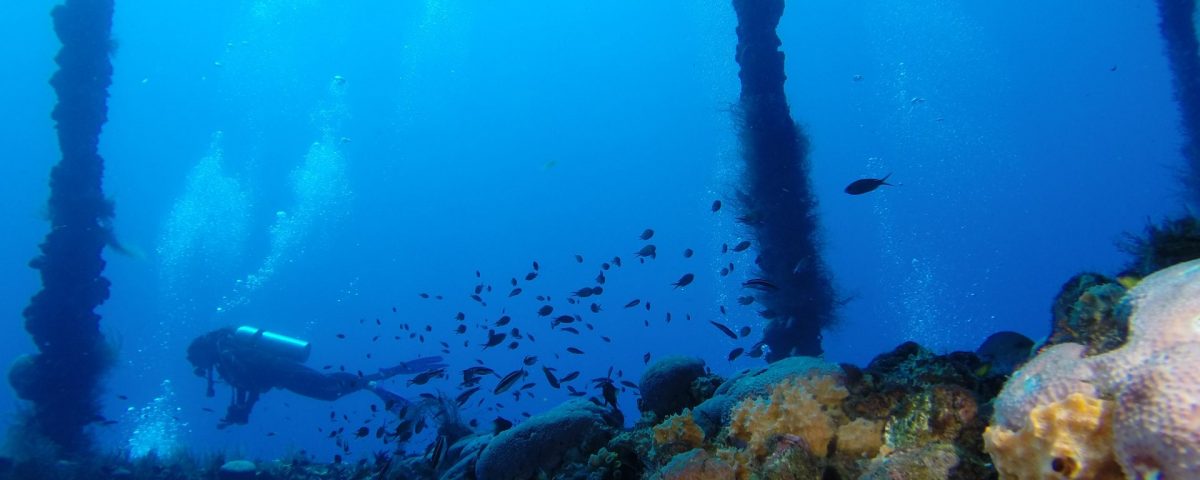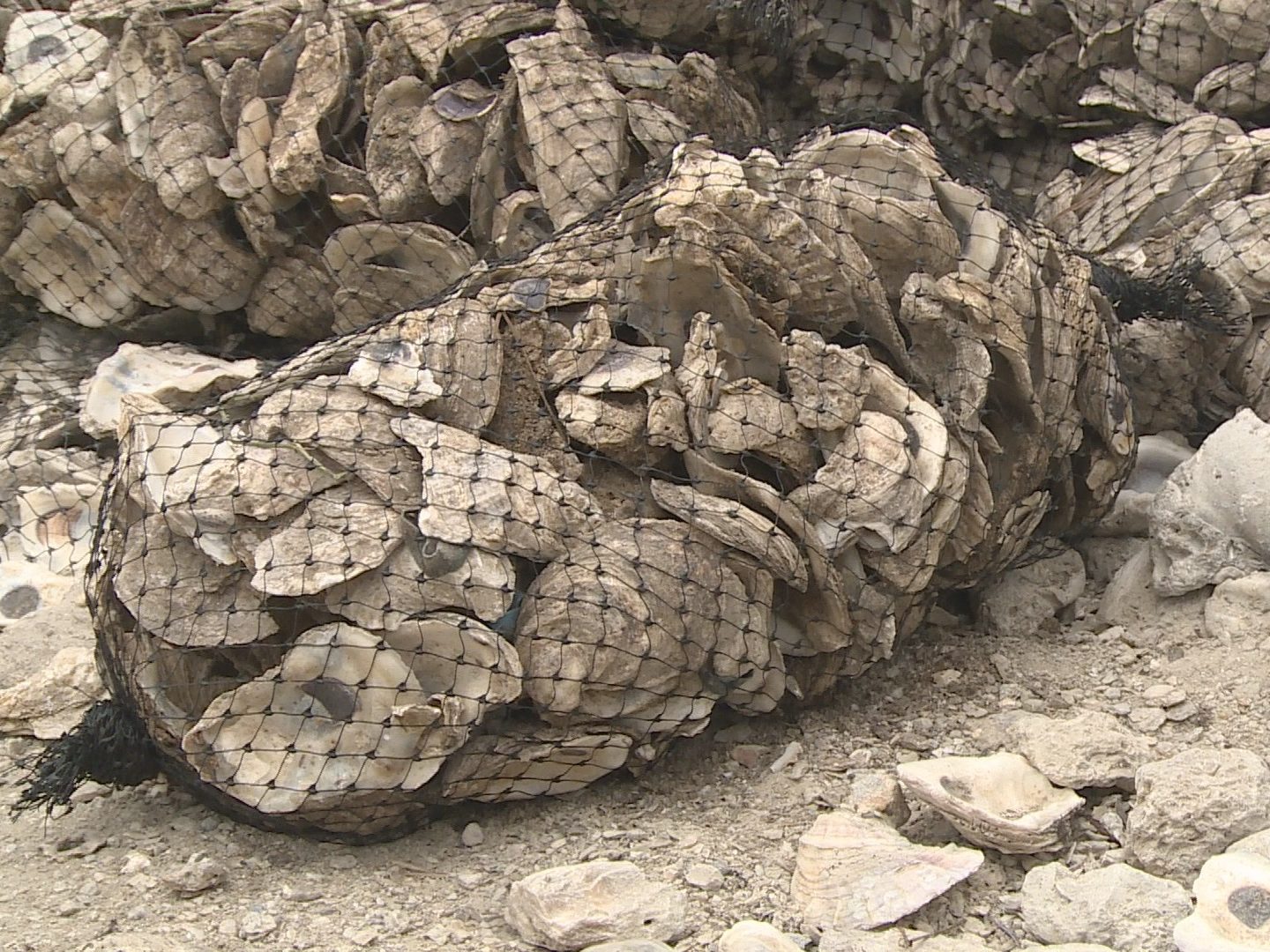
For the Love of Oyster Shells
September 2, 2021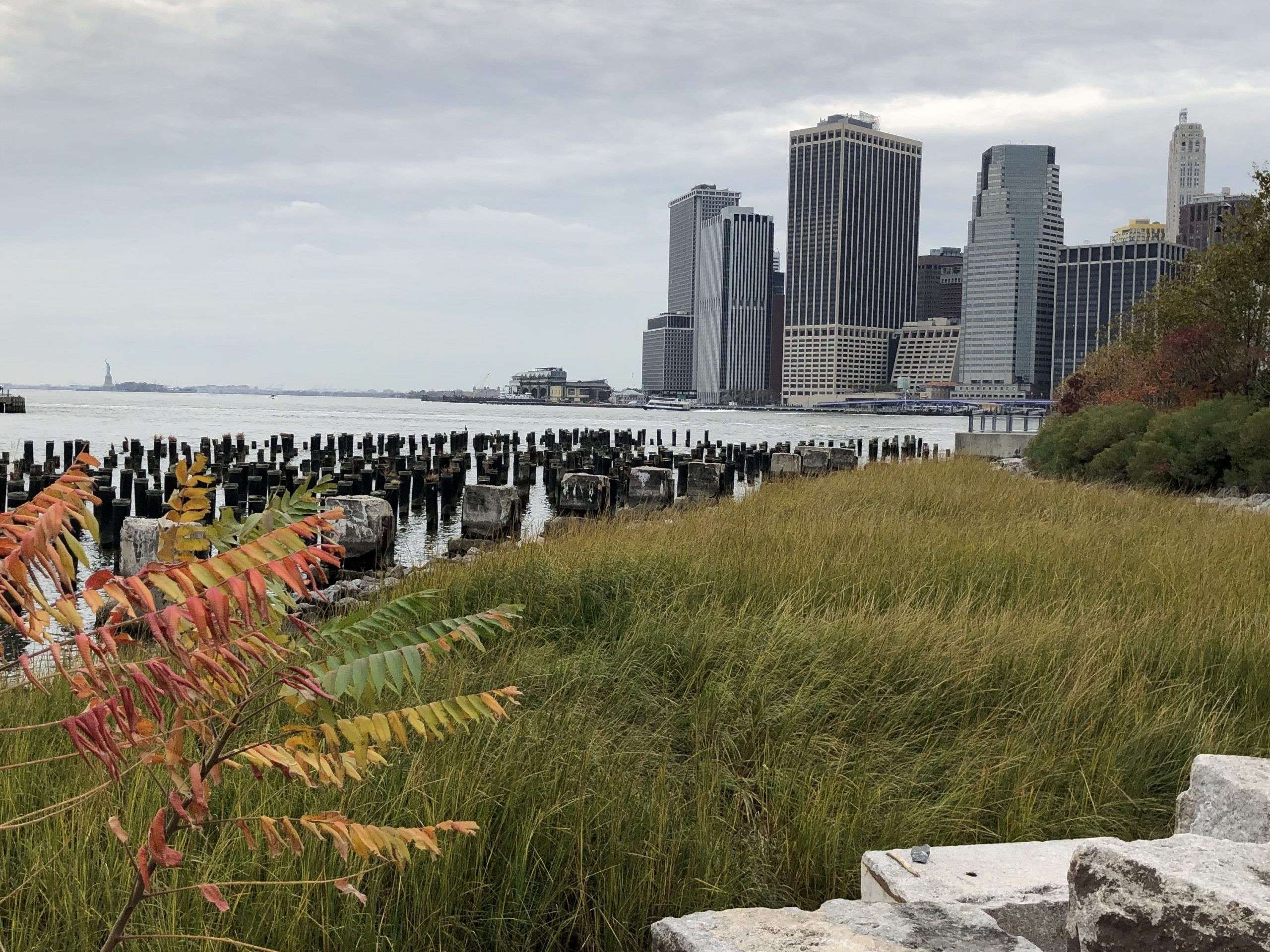
Founder Dr. Mark Laska Reflects on Our 20th Anniversary
September 10, 2021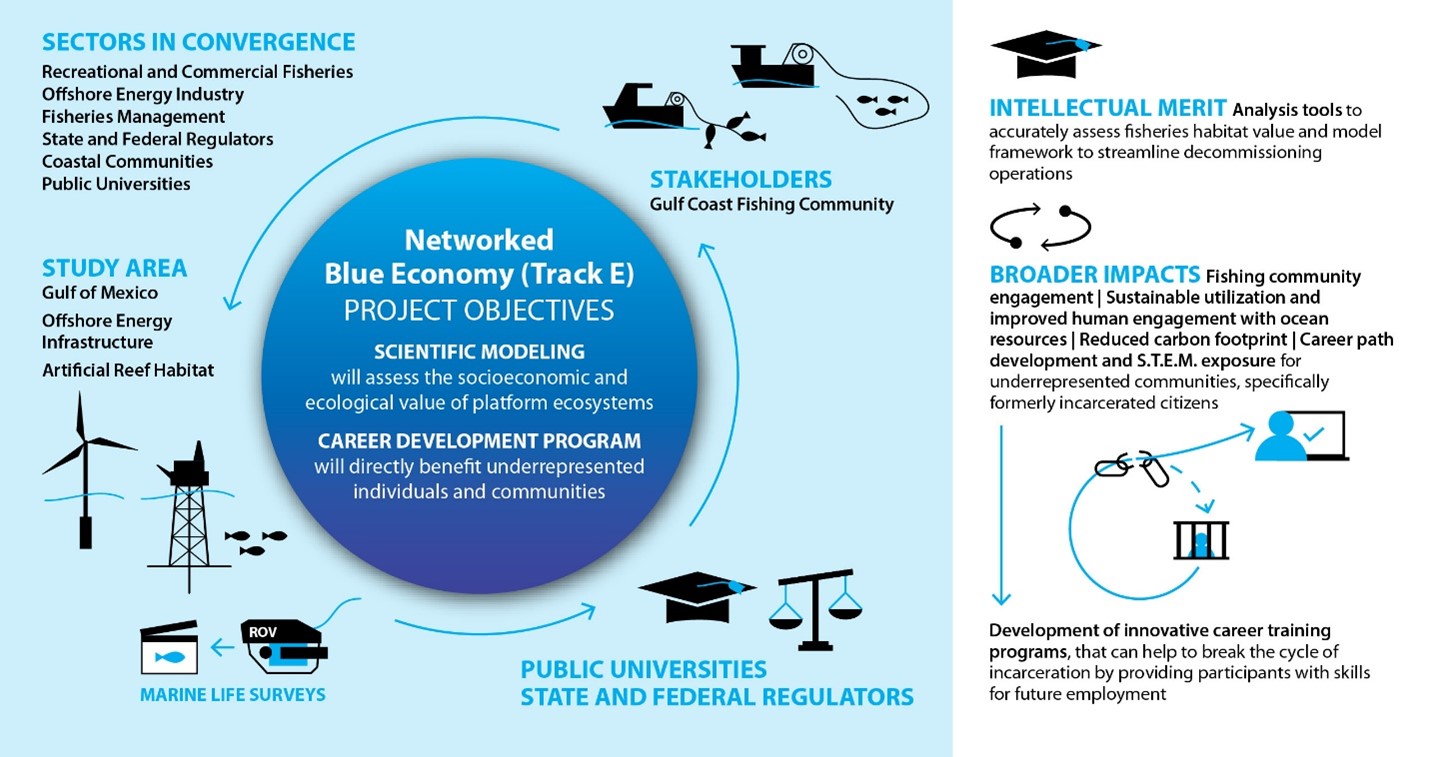
Visual depiction of the goals to be achieved by Blue Latitudes' NSF project titled "Advancing innovative convergence between fisheries and offshore energy to drive adaptive stewardship of fisheries habitat in a dynamic blue economy"
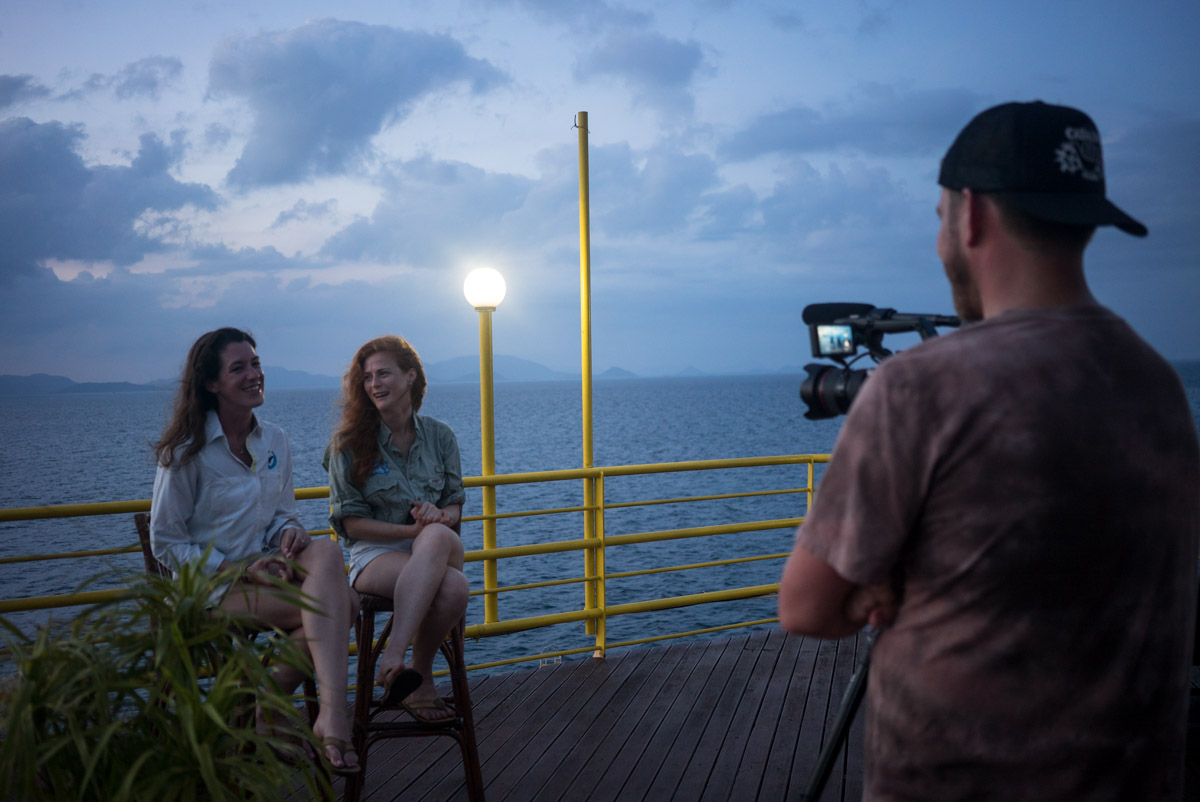
Blue Latitude's Founders Emily Hazelwood & Amber Sparks
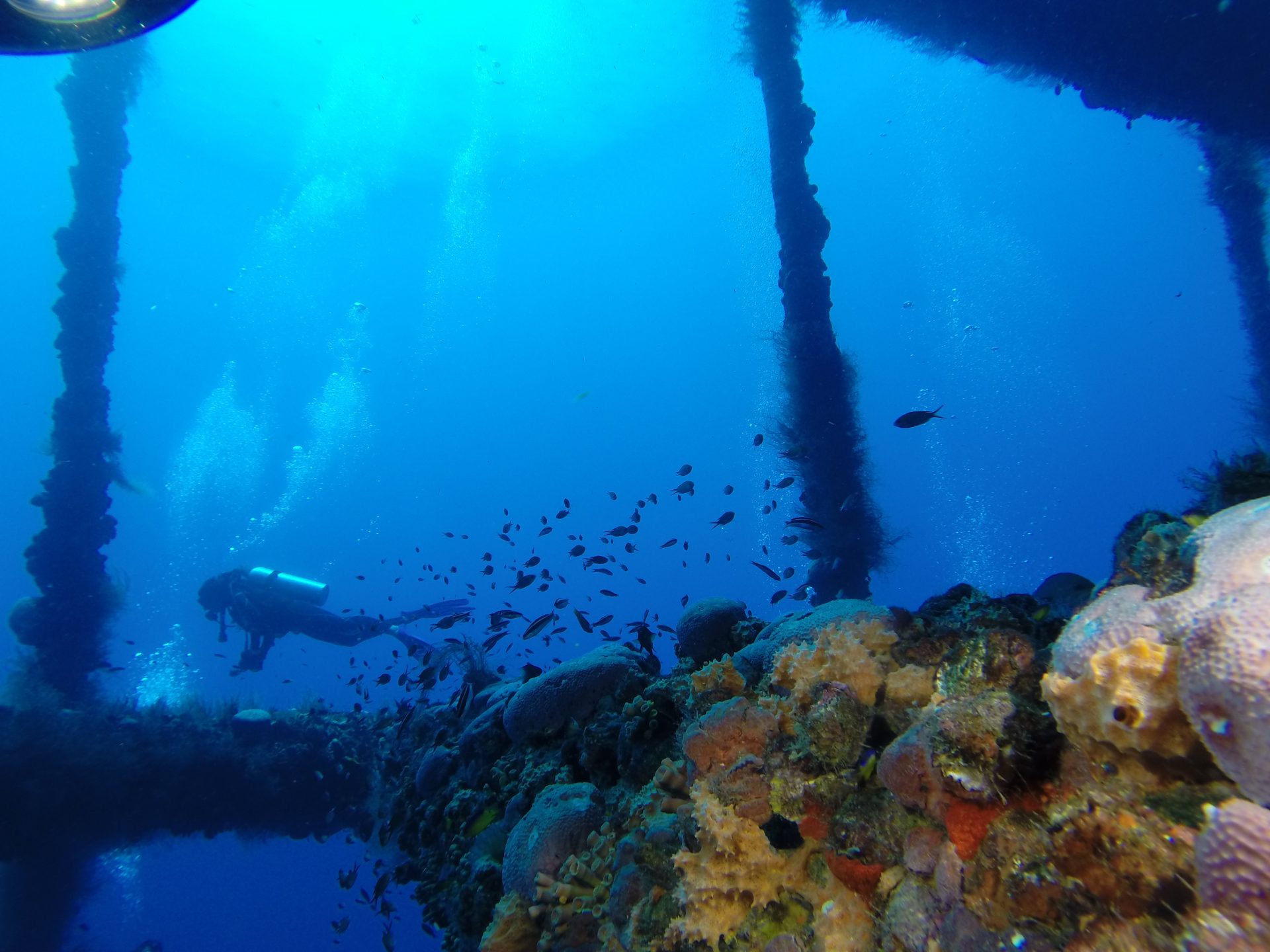
Great Ecology's Affiliates Awarded NSF Grant
We are thrilled to announce that Great Ecology’s partner affiliates Emily Hazelwood and Amber Sparks at Blue Latitudes LLC, have been awarded their first National Science Foundation (NSF) grant for the project titled "Advancing innovative convergence between fisheries and offshore energy to drive adaptive stewardship of fisheries habitat in a dynamic blue economy", as part of NSF's Networked Blue Economy solicitation. The objective of this three-year, $5 million dollar project is to accelerate convergence across two distinct ocean-related sectors, fisheries, and offshore energy, thereby improving fisheries through habitat enhancement, furthering the understanding of artificial reef ecology and its role in fisheries support, and setting a precedent to invest in environmentally and socially responsible decision making for future offshore development.
Blue Latitudes is a federally certified women-owned marine environmental consulting firm that develops sustainable, creative, and cost-effective solutions for the environmental issues that surround the offshore energy industry. Blue Latitudes will serve as the primary Principal Investigator (PI), alongside fellow Co-PIs from Louisiana State University (LSU), LGL Ecological Research Associates and Global Fishing Watch to accomplish the goals set forth by this two-phase project. To advance the future of oil and gas decommissioning and ensure the tools developed through this project meet the needs of the end-users, Blue Latitudes and team have partnered with various stakeholders within the Blue Economy. These partners include oil and gas operators, non-profit organizations, governmental agencies, private companies, fisheries stakeholders, and members of coastal communities. Through these collaborations and partnerships, Blue Latitudes’ goal is to produce tangible solutions to the vexing social, economic, and ecological challenges found at the cornerstone of offshore development and fisheries by decoupling the stereotypes surrounding the offshore energy industry and environmental degradation.
During the first phase of this project, Blue Latitudes and team will begin developing an innovative set of interconnected tools, techniques, models, and educational resources that will be used to facilitate decision-making for decommissioning and future offshore energy development. These tools will integrate spatially explicit effort data from commercial and recreational fisheries and data from ecological parameters, including diversity, abundance, and connectivity, to realize the direct and indirect value that offshore platforms provide for fisheries in the Gulf of Mexico. Ultimately, these tools will identify the ecological, economic, and social implications that the removal or addition of offshore energy infrastructure will have on fisheries stakeholders. Blue Latitudes and team will begin developing the framework for these tools during Phase I beginning in September 2021 with the intention of finalizing these tools during Phase II in 2022. The implementation of these tools will provide benefits to fishery stakeholders and industry alike by establishing a framework to guide ongoing conversations regarding the impacts of current and future offshore energy development on members of the Blue Economy.
This project will not only improve interactions among disconnected ocean-related sectors in the Blue Economy but will also provide opportunities to engage and educate an overlooked but important demographic in the Gulf of Mexico region. As a unique component of this project, Blue Latitudes and team aim to broaden participation and access in the STEM fields by establishing a workforce training program that will teach marketable STEM skills to formerly incarcerated citizens. Formerly incarcerated citizens face enormous challenges when attempting to reintegrate into society and these obstacles all too often lead to recidivism and a cycle of repeat incarceration. To help change this pattern, Blue Latitudes and team will partner with The First 72+, a reentry housing program located in New Orleans, Louisiana and the Parole Project in Baton Rouge, Louisiana, to support recently incarcerated citizens (RIC) as they reenter society and the workforce. Through the RIC Training Program developed under the NSF award, participants will be employed to assist in processing underwater videos of marine life on oil platforms during the development of ecological valuation tools phase of the project. The workforce training program will expose these citizens to computer related skills that will translate into practical job-related capabilities. The workforce training program will also help facilitate human engagement with marine environment and may establish a pathway for future employment within the Blue Economy.
Through this NSF award, Blue Latitudes will continue their mission to promote regenerative offshore activities, improve the sustainable use of fisheries resources for economic growth, support jobs in ocean-related sectors, improve the livelihoods of members within coastal communities, and support ocean ecosystem health.
If you’d like to learn more, you can follow their work at wwww.rig2reefexploration.org or email them directly at emily@bluelatitudes.org and amber@bluelatitudes.org.

